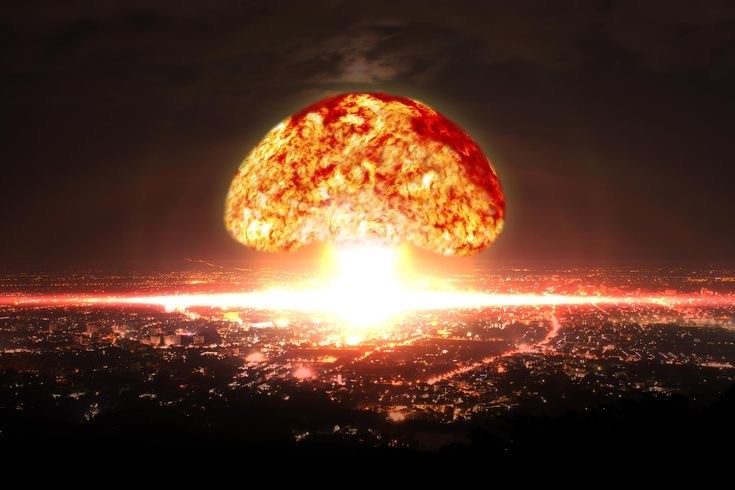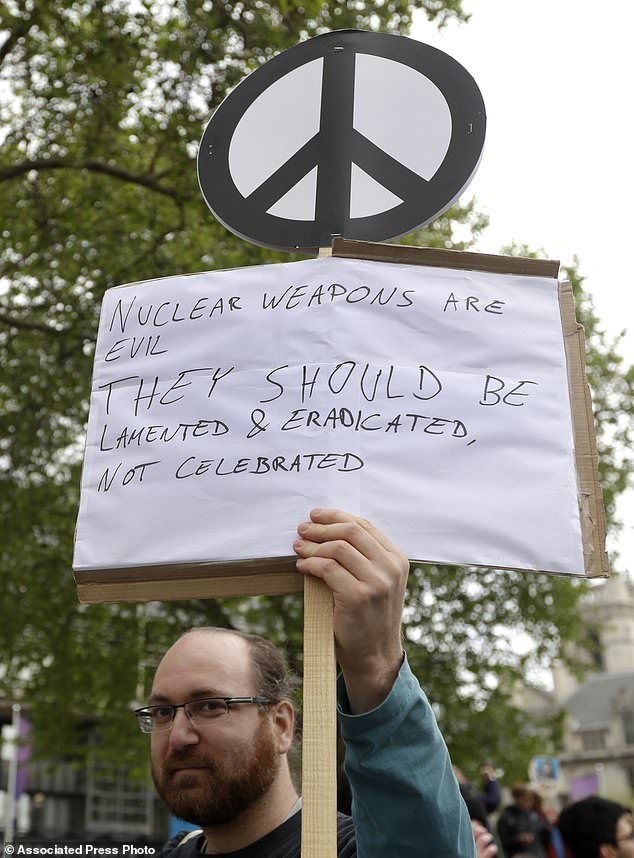For decades, the subjects of nuclear disarmament and non-proliferation have held a central position within the realm of global discourse. The discourse surrounding these topics is marked by a nuanced equilibrium between the aspiration for a world without nuclear armaments and the imperative to safeguard the security interests of nations. While the overarching aspiration remains the eradication of nuclear arsenals, the journey towards realizing this ambition is strewn with intricate obstacles, diverse viewpoints, and intricate geopolitical intricacies.
Nuclear disarmament advocates contend that the existence of nuclear weapons poses an existential threat to humanity. They emphasize the terrible consequences of nuclear war and promote the moral imperative of completely eliminating nuclear weapons. A world free of nuclear weapons has been championed by notable individuals including Mahatma Gandhi and, more recently, the International Campaign to Abolish Nuclear Weapons (ICAN).
According to disarmament proponents, the dismantling of nuclear arsenals enables states to reallocate resources to address major global issues like climate change, poverty, and healthcare. They argue that nuclear deterrence is fundamentally unstable and that disarmament is the only way to guarantee long-term international security.

On the other side of the debate, realpolitik factors drive states to maintain their nuclear arsenals. The historical context of the Cold War serves as an illustration of how the presence of nuclear weapons can act as a potent deterrent, preventing all-out warfare between superpowers. The nuclear arsenals that countries like the United States and Russia possess are seen as essential components of their national security strategies.
Concurrently, initiatives in non-proliferation are driven by the imperative to prevent the spread of nuclear weaponry to additional states. Central to these endeavors lies the Treaty on the Non-Proliferation of Nuclear Weapons (NPT), which serves as the linchpin of such undertakings. Its primary objectives encompass reducing the number of nuclear-armed states while promoting the peaceful use of nuclear energy.
At the heart of the discourse lies one of its most formidable quandaries: the conundrum of nuclear proliferation. While some nations have voluntarily abandoned their nuclear weapons programs, others have steadfastly pursued them in defiance of international objections. Notably, North Korea has remained recalcitrant in the face of persistent global entreaties to abandon its nuclear ambitions.

In addition to undermining painstakingly designed non-proliferation initiatives, the proliferation of nuclear weapons also exacerbates the full range of threats to international security. A persistent and unsettling threat exists in the form of nuclear terrorism or the unintentional use of these weapons. Therefore, maintaining the delicate balance between the desire for disarmament and the need to prevent reproduction is a difficult task that calls for deft manoeuvring across complex geopolitical landscapes and meticulously calibrating global strategy.
The development of the goals of non-proliferation and disarmament depends heavily on multilateral diplomacy. Important international agreements, like the New START Treaty, which unites the US and Russia, serve as practical examples of collaborative efforts aimed at reducing nuclear stockpiles. Additionally, diplomatic initiatives like the Iran Nuclear Deal, officially known as the Joint Comprehensive Plan of Action, have attempted to restrain Iran’s nuclear ambitions through diplomatic negotiations.
The debate over nuclear disarmament and non-proliferation is still an open question. While eliminating nuclear weapons remains a goal, some countries choose to keep their arsenals due to practical concerns about security in the real world. Additionally, as technology advances, new difficulties arise, such as the creation of low-yield nuclear weapons and vulnerabilities in nuclear systems.
The need for the international community to expertly balance these two crucial goals becomes more pressing as we look ahead to the upcoming years. In order to relentlessly pursue disarmament while firmly fending off the threat of expanding proliferation, it will be necessary to strengthen diplomatic channels, cultivate transparency, and reaffirm unwavering commitments to existing accords.
The global community must conscientiously confront the intricate contours of this discourse, cognizant of the profoundly calamitous repercussions that any descent into nuclear conflict may entail. It is a collective imperative to chart a course toward a safer and more secure future for all, underpinned by the unwavering resolve to avert the perilous precipice of nuclear confrontation.
Sources
- https://www.iaea.org/sites/default/files/publications/magazines/bulletin/bull46-2/46203591619.pdf
- https://en.m.wikipedia.org/wiki/Nuclear_weapons_debate#:~:text=Nuclear%20disarmament%20refers%20both%20to,the%20possibility%20of%20nuclear%20war.
- https://library.oapen.org/bitstream/id/9e2440dd-43ba-44f9-8792-9f04a116f787/391036.pdf




